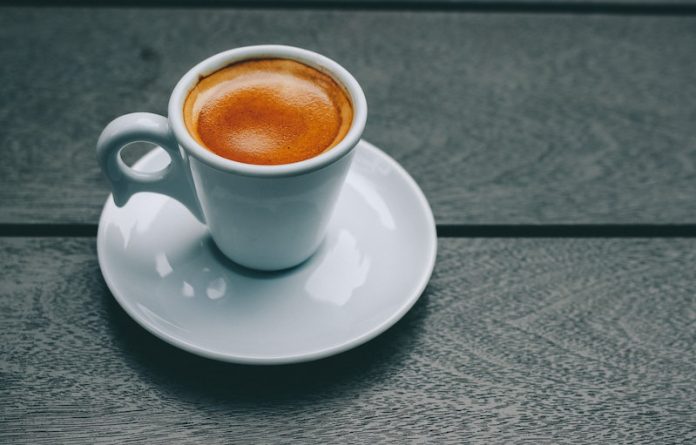
Recent studies have found coffee drinking is associated with improvements in some heart disease risk factors, including type 2 diabetes, depression, and obesity.
In a new study from the University of Granada, scientists found that caffeine (about 3 mg/kg, the equivalent of a strong coffee) ingested half an hour before aerobic exercise significantly increases the rate of fat-burning.
They also found that if the exercise is performed in the afternoon, the effects of the caffeine are more marked than in the morning.
In their study, the researchers aimed to determine whether caffeine—one of the most commonly consumed ergogenic substances in the world to improve sports performance—actually does increase oxidation or “burning” of fat during exercise.
Despite the fact that its consumption in the form of supplements is very common, scientific evidence for its beneficial claims is scarce.
The team says the recommendation to exercise on an empty stomach in the morning to increase fat oxidation is commonplace.
However, this recommendation may be lacking a scientific basis, as it is unknown whether this increase is due to exercising in the morning or due to going without food for a longer period of time.
In the study, the team tested a total of 15 men (mean age, 32) who completed an exercise test four times at seven-day intervals. People ingested 3 mg/kg of caffeine or a placebo at 8am and 5pm.
The team found that caffeine ingestion 30 minutes before performing an aerobic exercise test increased maximum fat oxidation during exercise regardless of the time of day.
The existence of a diurnal variation in fat oxidation during exercise was confirmed, the values being higher in the afternoon than in the morning for equal hours of fasting.
These results also show that caffeine increases fat oxidation during morning exercise in a similar way to that observed without caffeine intake in the afternoon.
In summary, the findings of this study suggest that the combination of acute caffeine intake and aerobic exercise performed at moderate intensity in the afternoon provides the optimal scenario for people seeking to increase fat-burning during physical exercise.
If you care about wellness, please read studies about new weight-loss method that could reduce your desire to eat, and this diabetes drug can help you lose weight regardless of age.
For more information about wellness, please see recent studies that weight loss drugs may help stop COVID-19, and results showing this diet could help heart disease patients lose weight.
The study was conducted by Francisco José Amaro-Gahete et al and published in the Journal of the International Society of Sports Nutrition.
Copyright © 2022 Knowridge Science Report. All rights reserved.



